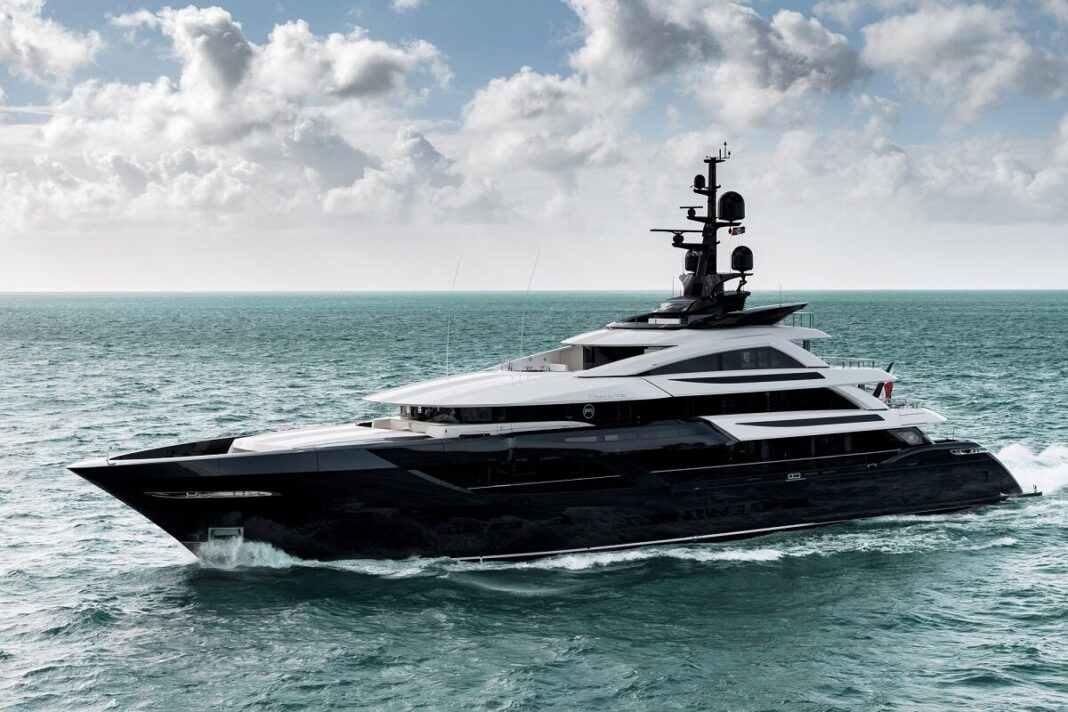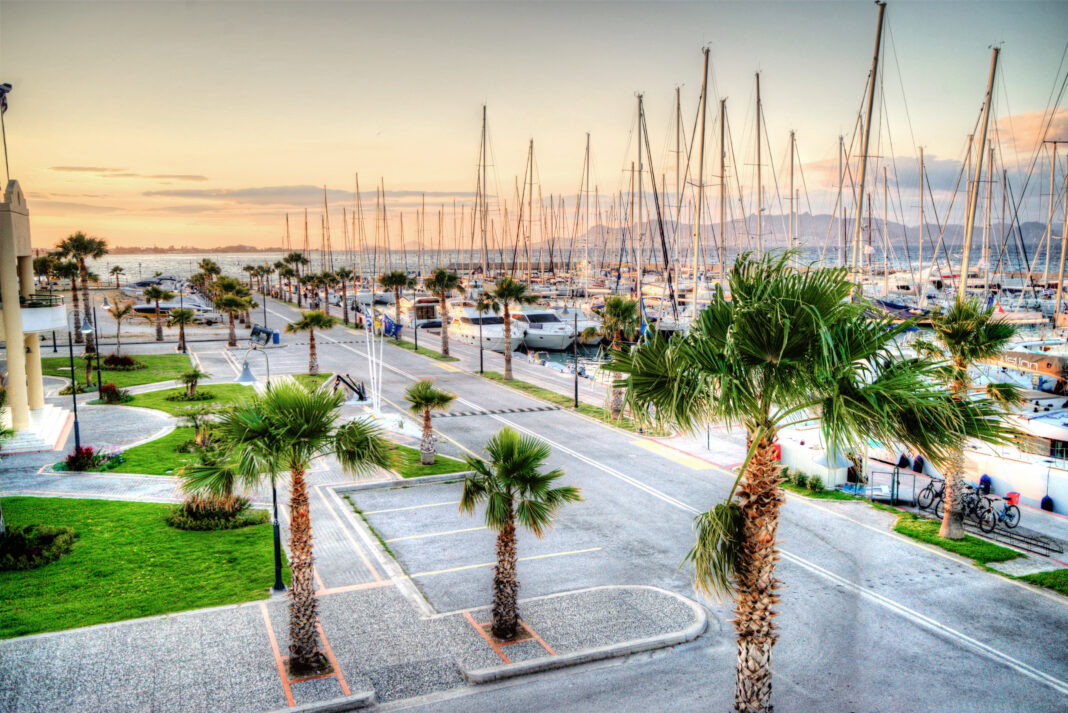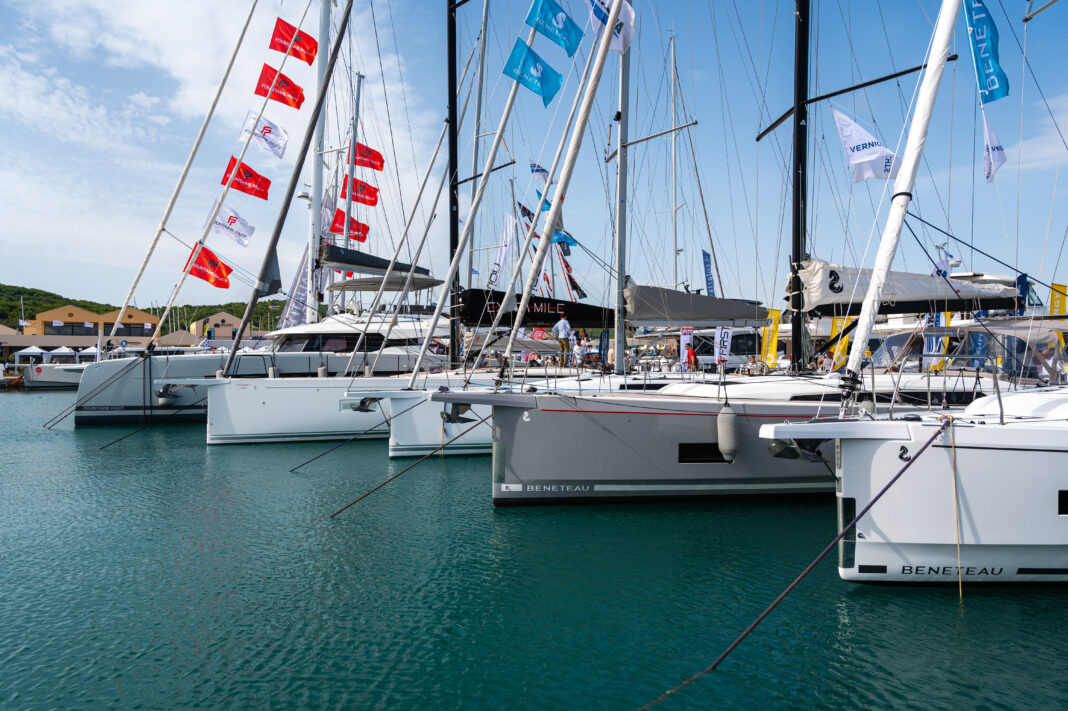Mr. Spyros Zolotas, head of RINA’s South Europe, Middle East, and Africa Area, shares insights with Skipper ONDECK regarding the new era in the maritime sector and RINA’s strategic initiatives aimed at fostering an increasingly competitive and robust global presence.
Is the evolution towards business models and services focused on innovation and ESG principles of strategic importance to Rina?
RINA places immense strategic importance on evolving its business models and services towards innovation and ESG (Environmental, Social, and Governance) principles. This is evident in RINA’s commitment to sustainability, highlighted by their active engagement in projects geared towards reducing environmental impact and promoting social responsibility within the industries they serve. RINA’s strategic focus on innovation underscores their dedication to staying at the forefront of technological advancements, enabling them to provide cutting-edge solutions to their clients. By aligning their business practices with ESG principles and fostering innovation, RINA contributes to a more sustainable future and enhances their competitiveness and relevance in an ever-evolving market landscape.
What are the benefits for shipowners from the “narrow-band” technology incorporated in the RINA Fleet Management Centre in Piraeus?
The “narrow-band” technology integrated into the RINA Fleet Management Centre in Piraeus offers significant benefits for shipowners. Firstly, it provides practical assistance by allowing for systematic monitoring of fleet operations, enabling shipowners to make informed decisions and improve overall performance. With enhanced monitoring capabilities, shipowners can better comply with regulations such as the ETS (Emission Trading Scheme) and optimise their operations to reduce environmental impact. Additionally, the technology facilitates better reporting, aiding in emissions management and ensuring compliance with regulatory requirements. Moreover, by utilising tools like the Leonardo Emissions, shipowners can accurately measure emissions per voyage, streamline reporting processes, and negotiate better terms with charterers based on emission data. Overall, integrating “narrow-band” technology empowers shipowners with improved operational efficiency, regulatory compliance, and environmental stewardship.
One of the biggest bets in the shipping industry is the transition to the era of zero greenhouse gas emissions. As a classification society are you investing in decarbonisation?
The transition to zero greenhouse gas emissions represents a pivotal moment in the shipping industry’s evolution, and as a classification society, RINA is deeply committed to decarbonisation efforts. Our commitment extends beyond mere compliance with regulations; we view sustainability and environmental responsibility as integral to our core values and business strategy.
RINA is actively involved in supporting the shipping industry’s shift towards decarbonisation through various initiatives. We collaborate with industry stakeholders, including shipowners, operators, and regulatory bodies, to develop and implement innovative solutions that reduce emissions and promote sustainable practices.
Our investment in decarbonisation encompasses a multifaceted approach, providing classification services for vessels designed with green technologies, such as alternative fuels, energy-efficient propulsion systems, and advanced monitoring and control systems. Through our separate engineering arm of the company, RINA offers advisory services to help clients navigate the complex regulatory landscape surrounding emissions reduction and compliance.
Furthermore, RINA is committed to research and development in emerging technologies that have the potential to revolutionise the maritime sector’s environmental footprint. Whether it’s exploring the feasibility of hydrogen fuel cells, ammonia-based propulsion, or other cutting-edge solutions, we are at the forefront of driving innovation toward a zero-emission future.
In essence, RINA’s investment in decarbonisation is not just about meeting regulatory requirements or industry trends; it’s about embracing our responsibility as a leading player to help shape a more sustainable and resilient future for the shipping industry and the planet as a whole.
What do you think are RINA’s competitive advantages, and how do you intend to strengthen them in the future?
RINA’s competitive advantages are multifaceted and reflect their commitment to excellence, innovation, and customer-centric service. The company’s competitive advantages stem from their comprehensive approach to addressing industry challenges. Here are some key factors that differentiate RINA in the classification industry and their strategies for strengthening them in the future:
Technical Expertise: RINA boasts a wealth of technical expertise accumulated over 160 years of operation. Their deep understanding of maritime engineering, regulations, and industry best practices positions the company as a trusted advisor to clients worldwide. To further enhance their technical capabilities, they invest in ongoing training programs for their staff and collaborate with leading research institutions to stay at the forefront of technological advancements.
Global Presence: With a vast network of offices and surveyors spanning 70 countries, RINA offers unparalleled global coverage and local expertise. This widespread presence enables them to provide responsive and tailored services to their clients, no matter where they operate. Looking ahead, RINA will continue to expand their global footprint strategically, focusing on emerging maritime hubs and key markets to better serve their clients’ needs.
Innovation and Digitalization: RINA is committed to driving innovation and embracing digitalization to deliver more efficient and value-added services. Through initiatives such as the RINA Fleet Management Centre in Piraeus and the adoption of advanced technologies like narrow-band communication, they are revolutionising how shipowners manage their fleets and ensuring operational excellence. Moving forward, they will intensify their efforts to leverage data analytics, artificial intelligence, and IoT solutions to optimise vessel performance, enhance safety, and reduce environmental impact.
Sustainability Leadership: As a pioneer in sustainability and environmental protection, RINA is uniquely positioned to capitalize on the growing demand for green solutions in the maritime industry. Their expertise in decarbonisation, alternative fuels, and emissions reduction strategies enables them to support clients in achieving their sustainability goals while complying with regulatory requirements. RINA will continue to invest in sustainable innovation and forge partnerships with like-minded organisations to advance the industry’s transition towards a more eco-friendly future.
In summary, RINA’s competitive advantages lie in their technical expertise, global presence, commitment to innovation, and sustainability leadership. By doubling down on these strengths and embracing emerging trends and technologies, RINA will be able to maintain their position as a leading classification society and deliver exceptional value to their clients in the years to come.






